My family and I, along with the family of C.G. Eddy (Robert's parents) established this Scholarship to honour his memory and to encourage students from the Atlantic Provinces to attend Queen's. He graduated in 1941 with Honours in Chemical Engineering, then spent three years serving as a Lieut. with the Royal Canadian Engineers. As leader of the 18th Field Company he was involved in the D-Day invasion and the battle of Normandy. His first job on returning to civilian life was as a Lecturer in Chemical Engineering back at Queen's.
Robert Eddy felt that he benefited enormously from his years at Queen's, and would be happy to know that other young Maritimer's are enlarging their horizons and opportunities, as he did more than sixty years ago.
He was awarded an MC for bridge-building and other onerous and dangerous tasks during the long struggle against the Germans in the last year of the war. Robert was severely wounded by shrapnel during the Battle of the Scheldt and spent the rest of the war recovering in military hospitals in England.
His position as a Lecturer at Queen's was offered to him by Dean Ellis when he asked for advice about post-graduate work. He was the sole assistant of a new Department Head, Dr. Plewes, and they were hard pressed to cope with the influx of veterans (some had been his pre-war classmates).
Robert Eddy concluded that the academic life was not for him and returned to the family business in Bathurst, N.B. (lumbering, building supplies, hardware and real estate). His other interests included raising a family of five children, serving as Chairman of the School Board and playing an active role in other community activities. He also developed business interests of his own, especially in establishing several small radio stations.
In 1970 he became the oldest student ever to enrol in the MBA School at Western (now the Richard Ivey School). It was unusual then for a man of fifty to start over again as a student, with classmates the same age as his older children. He worked very hard and graduated in the top third of his class.
His wartime injuries caught up with him in the early eighties and he died, after an illness of five years, in 1986.

